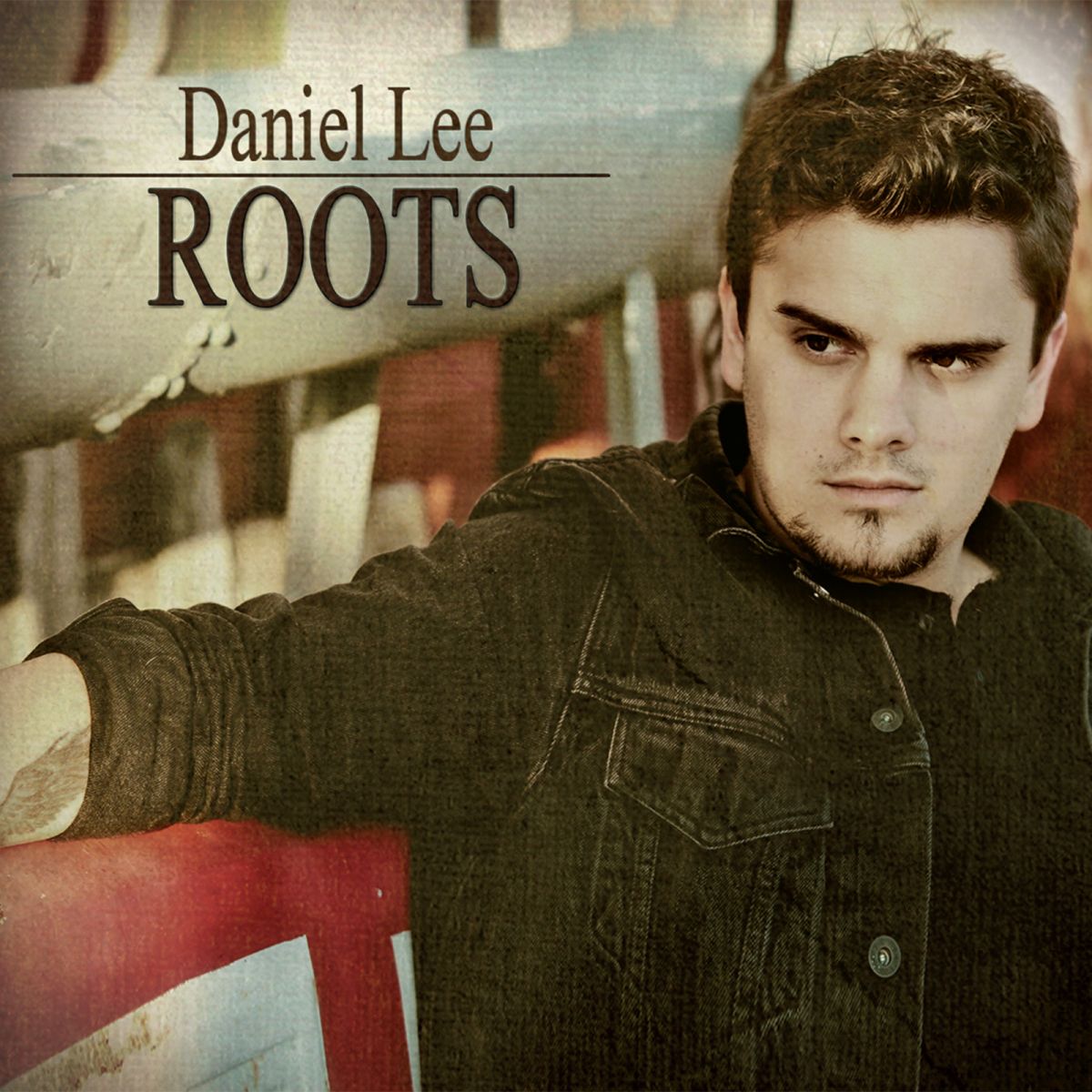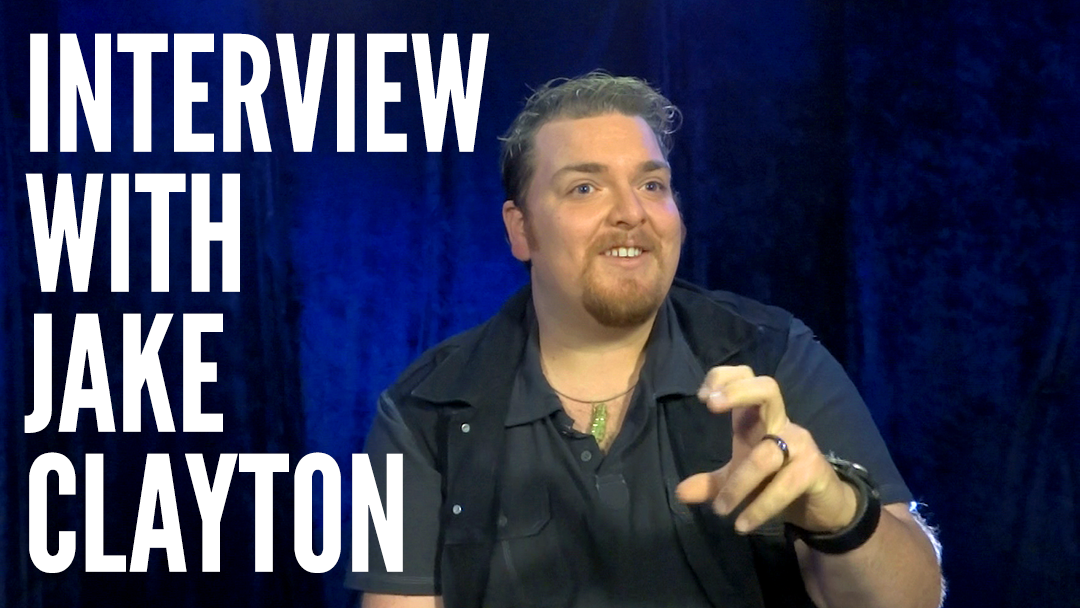UCN Interview – Adam Gregory: “You can’t escape your past but you can put it in a song!”
12 years ago Liv Carter Comments Off on UCN Interview – Adam Gregory: “You can’t escape your past but you can put it in a song!”

A few months ago, Canadian artist Adam Gregory released his new album, Different Places. The 6-track CD was well-received and CMA Fest was a great time to catch up with Gregory to talk about the album, about Nashville, and about how he writes his songs.
UCN: Your new album is Different Places. How are things going with the record?
Adam Gregory: It’s going well. I’m out promoting it and CMA week is a good time to do it.
UCN: It’s the best!
AG: It’s great meeting fans for around the world too!
UCN: And it’s a six track record. Why did you go for that?
AG: Yes, it’s got six tracks. It was a joint decision, and we made this a digital release. My previous albums have all been hard copies being sold in stores so this is a new avenue for me, and I’m enjoying it!
UCN: I think digital releases is where it’s all going. How do you see that change in the music industry?
AG: I still like the hard copies as well, and I know many people still enjoy having the CDs in their hands. But there are a lot of people with iPods and iPhones and they have their whole list of songs on there. It’s just the way now.
UCN: How did Mark Moffatt get involved?
AG: I was introduced to him a number of years ago, through Jeff Walker at Aristo. It was always int he cards to someday work with him, and it was a great experience. He had remixed ‘Crazy Days’ when I had my first US single out. It was great to work with him, he’s a great producer and we had a lot of fun making this album.
UCN: The single ‘High on You’ is doing pretty good too.
AG: Yes, I just heard it broke into the MusicRow chart, so now it’s just hoping for the gradual climb. My career’s been that way; it’s not dropped off any.
UCN: I’ve asked people before ‘what do you want for your career?’ and new artists tend to say ‘success’, but the more experienced artists will say ‘longevity,’ even if it means less high-profile success.
AG: Yes, you want longevity; you don’t want to be a flash in the pan artist.
UCN: You co-wrote four of the tracks, and some of the other writers are people like Victoria Shaw and James Dean Hicks. What was it like to be in a room with writers of that caliber?
AG: Sweet! They’ve been writing hits for a long time. I’m just an up-and-coming writer wanting to learn the craft even more, and I can definitely look up to them. Every time I write with them, I feel like I walk away with a greater knowledge. Victoria Shaw is great. She’s very firm in what she wants to go toward, and I give her my ideas and she helps to sculpt and mold them into a song.
UCN: What was your writing process when you first started writing?
AG: I didn’t have a plan, I just did it. My first song, I was about 12 or 13 and it was a simple song with simple lyrics.
UCN: How has that now changed?
AG: Since then I’ve tried to write commercial songs that can be tracked to radio. I’ve grown up a bit and can live the experiences more and relate to them better.
UCN: I’m interested in that change that happens when writers come to Nashville. People have a choice to make in how much they want to slot into the commercial world.
AG: Yes, but it’s hard to write songs too; they don’t always come easy. But there’s a lot of amazing writers here for whom it seems easy. Writing songs is such an art. You can have a song which doesn’t seem to mean much, and then you change one or two words and it changes the whole thought of it.
UCN: Do you know where your inspiration comes from, or does it just happen to you?
AG: Well, I pray for it. I also try to write off of life experiences, my life with my wife now, and past break-ups.
UCN: How easy is it for you to go back to painful memories to write from?
AG: It’s part of your history, part of your past. You can’t escape it but you can put it in a song.
UCN: Is it easier to write the happy songs or sad songs?
AG: A lot of people like the ballads I’ve come out with. You can sing ballads that are happy too.
UCN: Who are the writers that have influenced you?
AG: Victoria has been awesome. I’ve written with Keith Follese a lot, and with Joe West. James Dean Hicks too.
UCN: And when you were growing up?
AG: Vince Gill! He’s who I looked up to when I was growing up. I think he’s a fantastic singer and entertainer.
UCN: How have you found dealing with the business side of Nashville?
AG: I don’t much like it, to be honest with you. I got into music as a young kid because I love it and it’s unfortunate that business gets to tied into everything. It’s amazing how money-hungry people can be. All I want is to play my music and be heard, but sometimes that stops it from getting out there. That’s been the biggest frustrating thing for me. There’s a lot of people wanting to hear it but I haven’t been able to get it to them.
UCN: The industry sometimes creates a barrier between artists and the fans.
AG: Yes, and the fans don’t always know about the behind-the-scenes stuff so they don’t understand what’s going on.
UCN: Yes, it’s not always easy to explain things are held up by politics.
AG: True, and I don’t think it’s a matter of the songs being any less good or anything. It’s just about being in the right place at the right time and having the right believers.
UCN: Canadian radio has different rules, they have to play a certain percentage of Canadian artists. Do you think that’s helped you?
AG: I think it helped; I’m not really sure. I’ve got great support up in Canada. The radio stations have known me for over a decade, and every time I come out with new stuff they seem to jump on board.
UCN: Have you noticed a difference between the two markets?
AG: I think it’s a little tougher down here. There’s so many artists wanting a show, and they only have so many spaces to fill at radio.
UCN: I sometimes round off interviews with this question: what kind of quote or saying inspires you day to day?
AG: I just tell myself that I’m not ever going to quit. Things are tough but anything that’s worth it is tough, so you just got to keep going. Nothing good comes easy!
UCN: Thank you for your time. Enjoy the rest of your CMA week!
AG: Thanks, you too!
Liv Carter
She holds several certificates from Berklee College of Music, and a certificate in Positive Psychology from UC Berkeley.
Her main influences are coffee, cats, and Alexander Hamilton.
Latest posts by Liv Carter (see all)
- Well yes, racism, but it’s more complicated - February 13, 2017
- Black River Entertainment had a great reason to party! - October 25, 2016
- Keith Urban returns to the States for US arena leg of his “ripCORD WORLD TOUR 2016” - October 10, 2016



